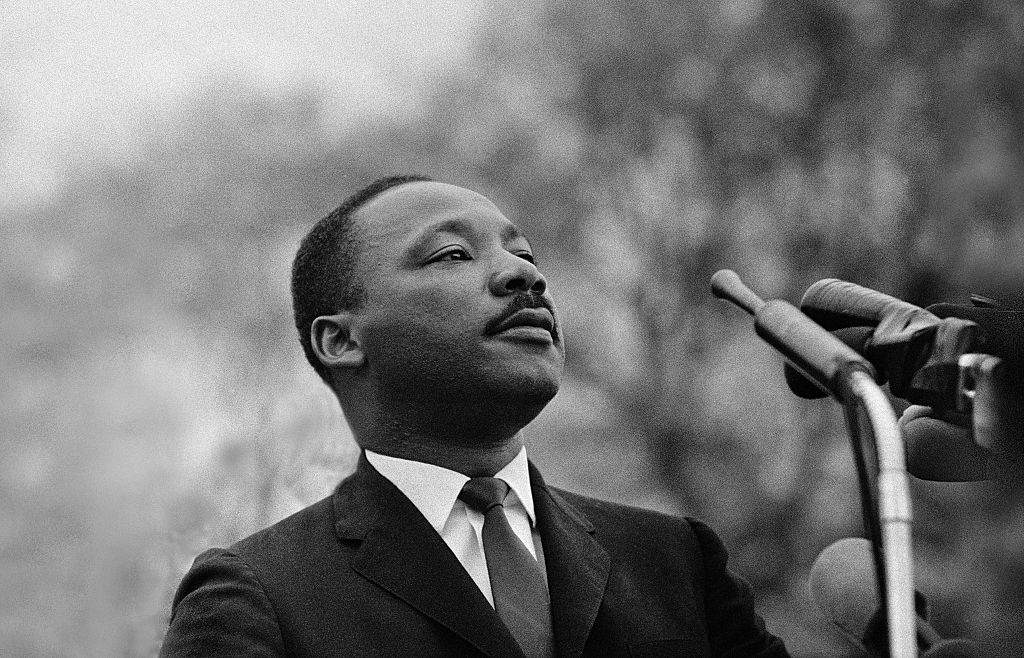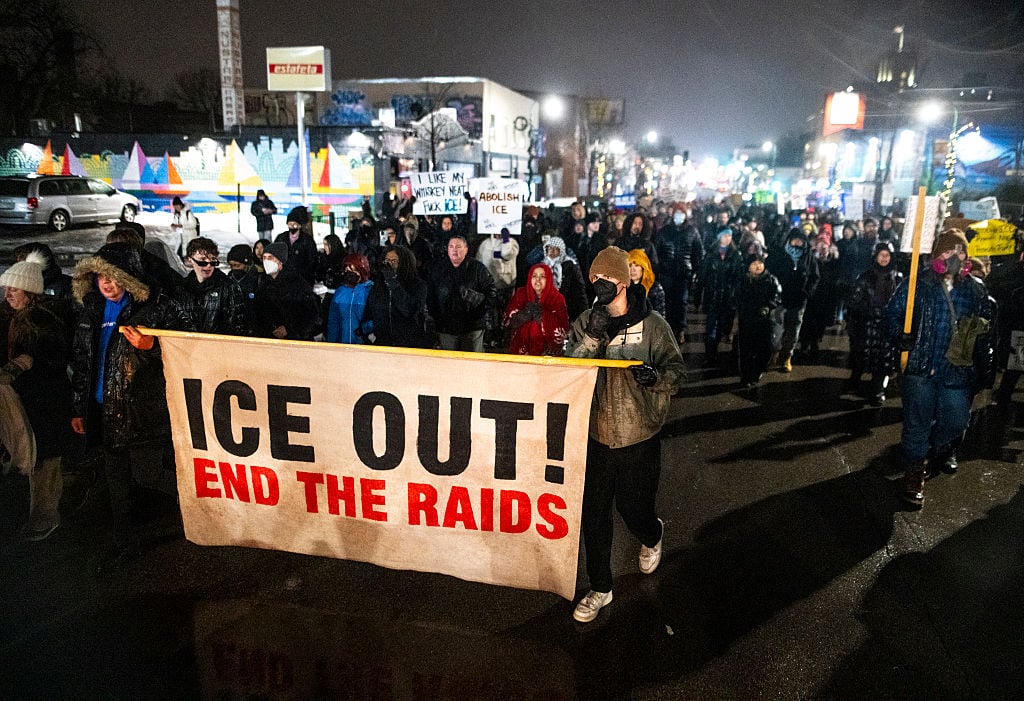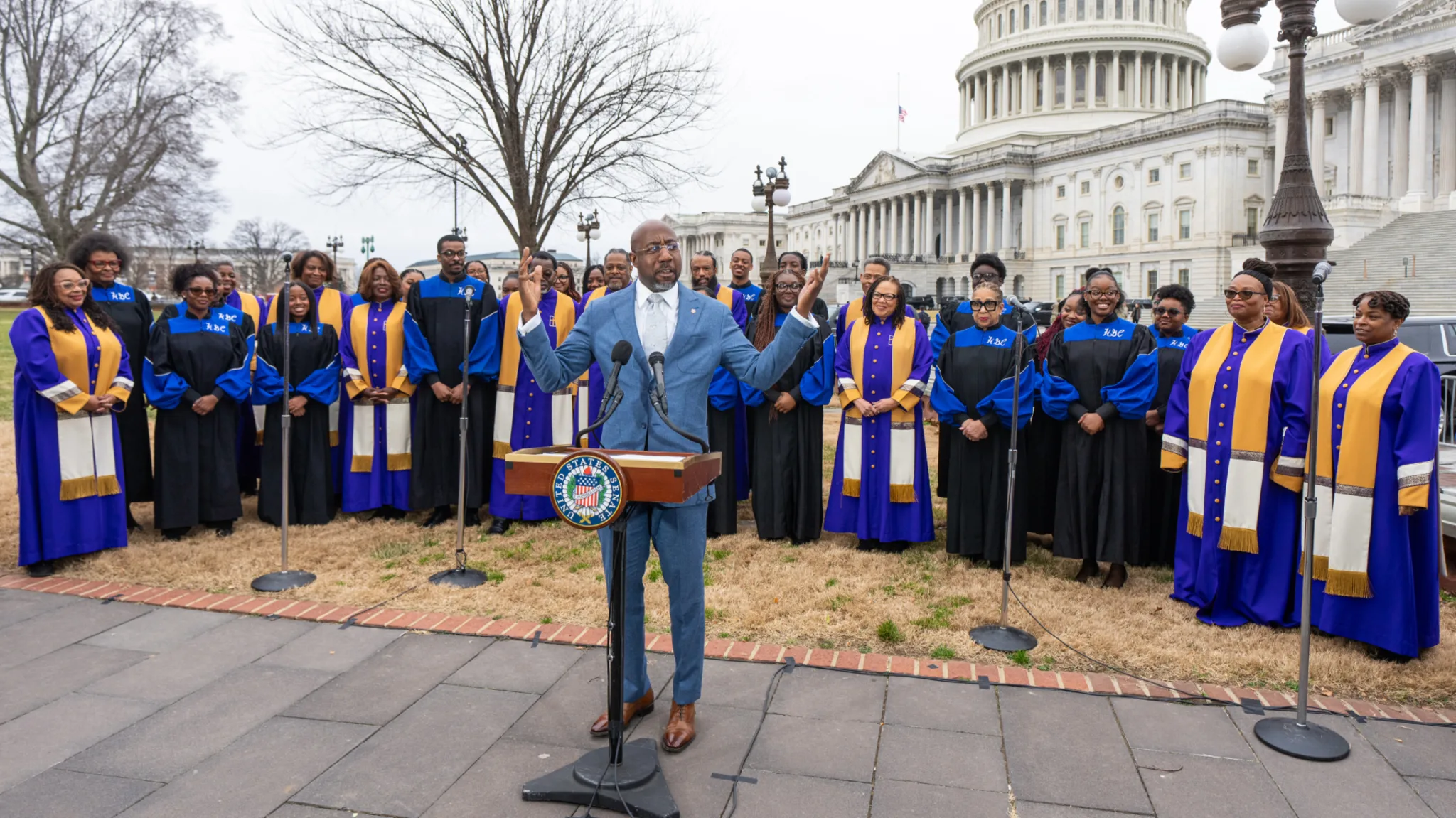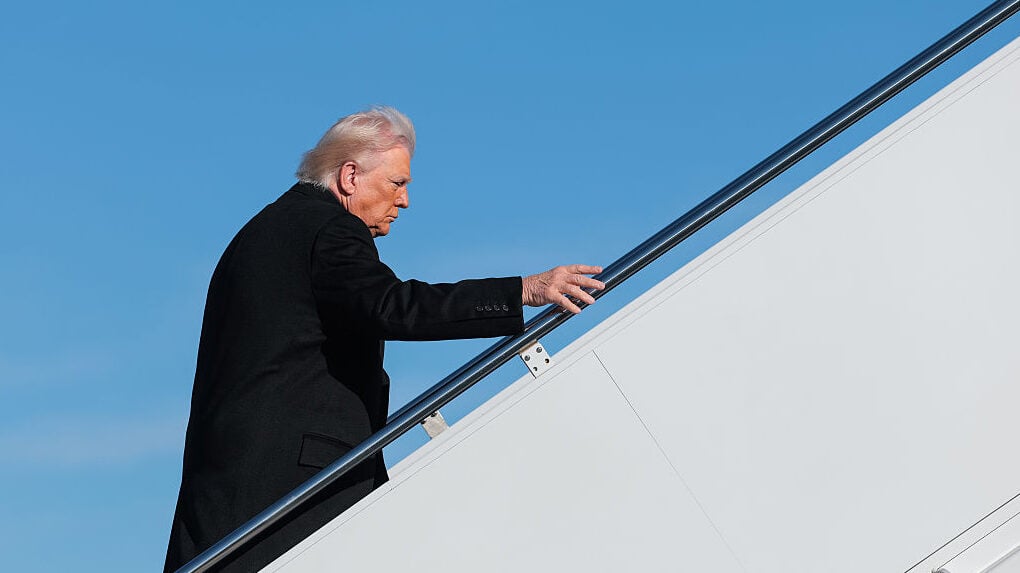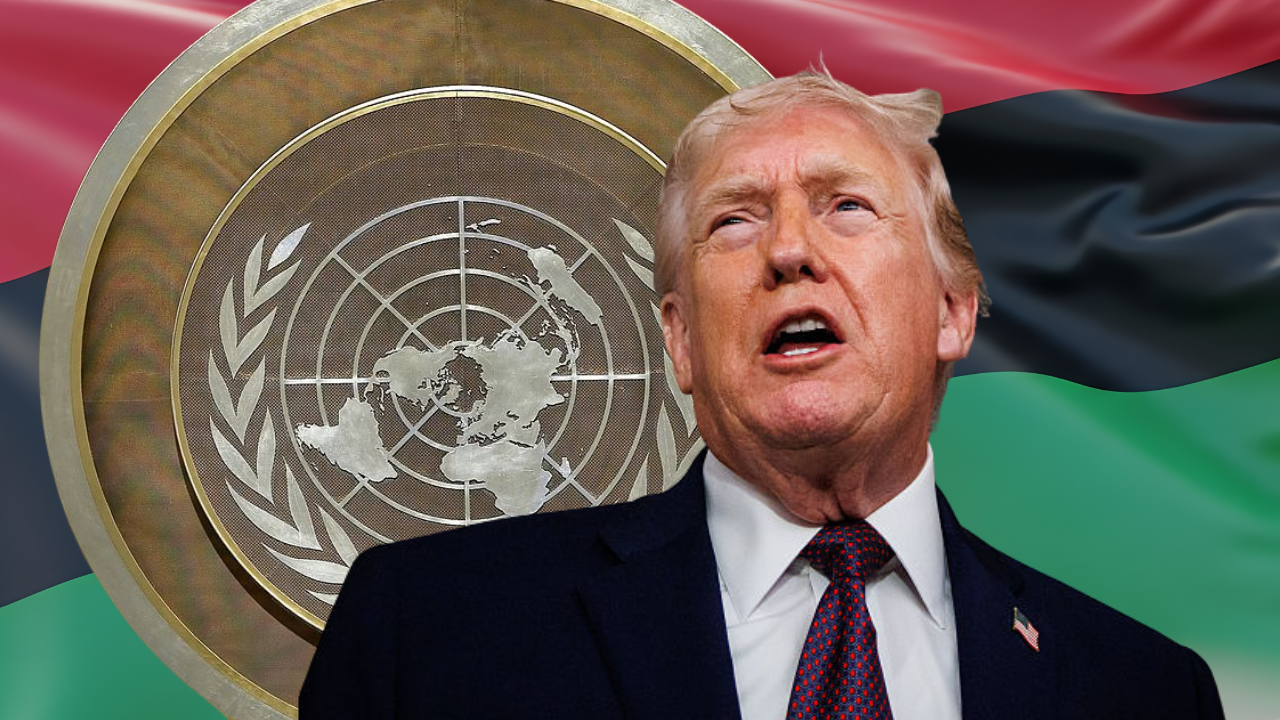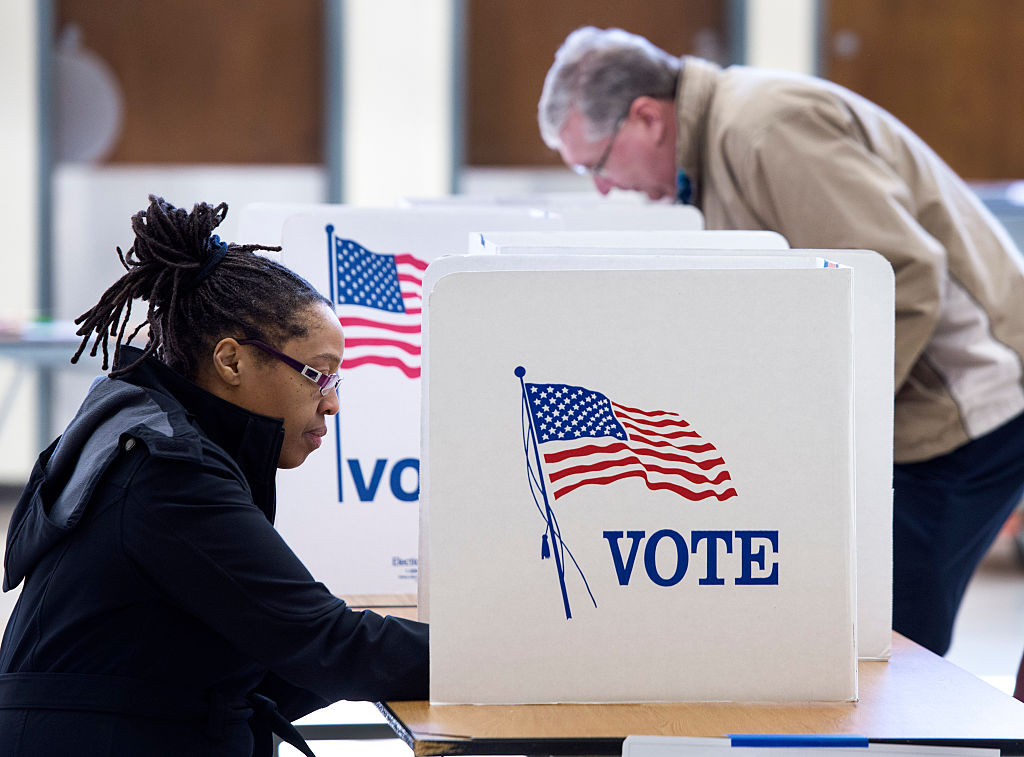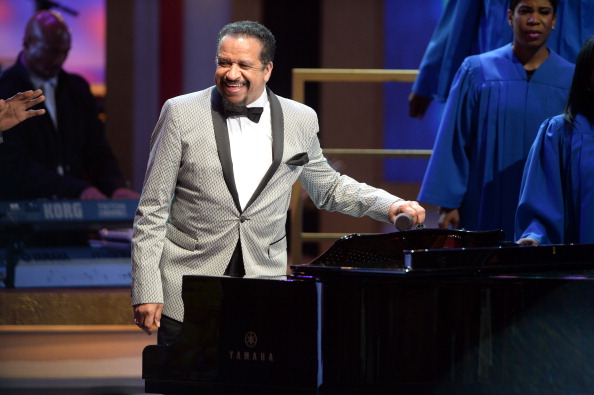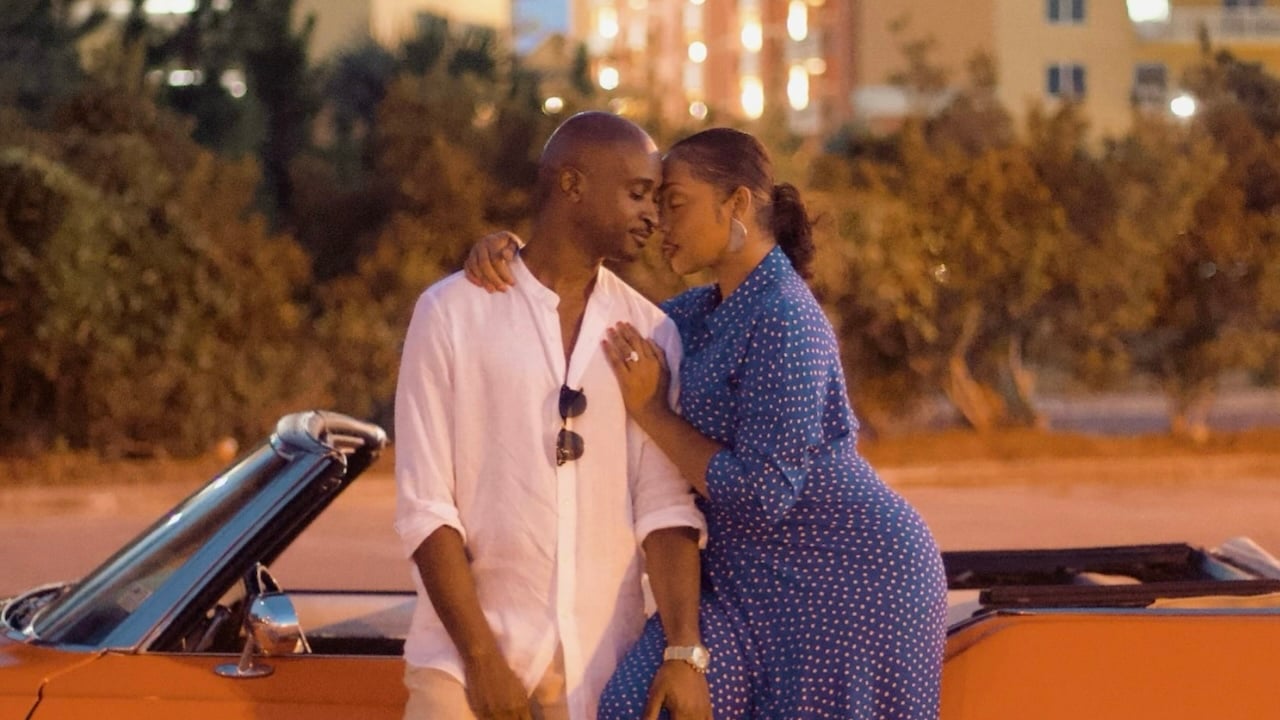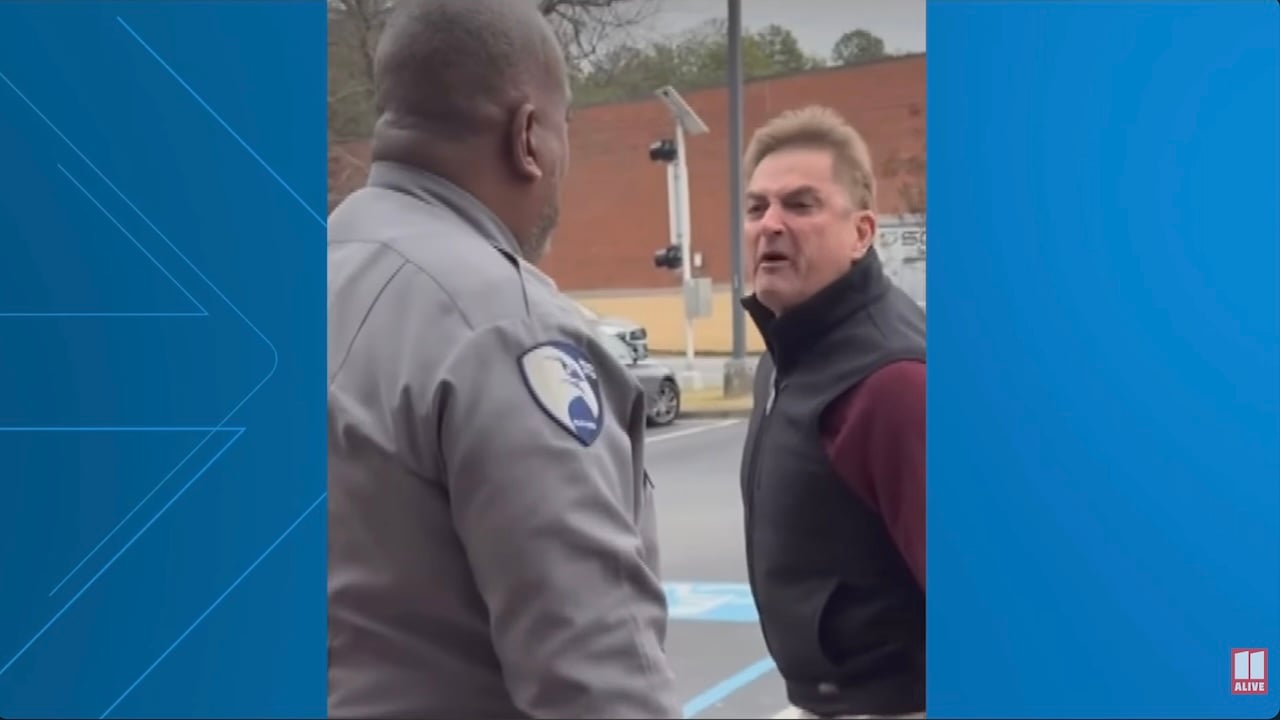‘Everybody Knows Everybody:’ My New Orleans Story [Op-Ed]
![‘Everybody Knows Everybody:’ My New Orleans Story [Op-Ed]](https://newsone.com/wp-content/uploads/sites/22/2025/08/1756303832481.jpg?quality=80&strip=all&w=1024&crop=0,0,100,683px#)
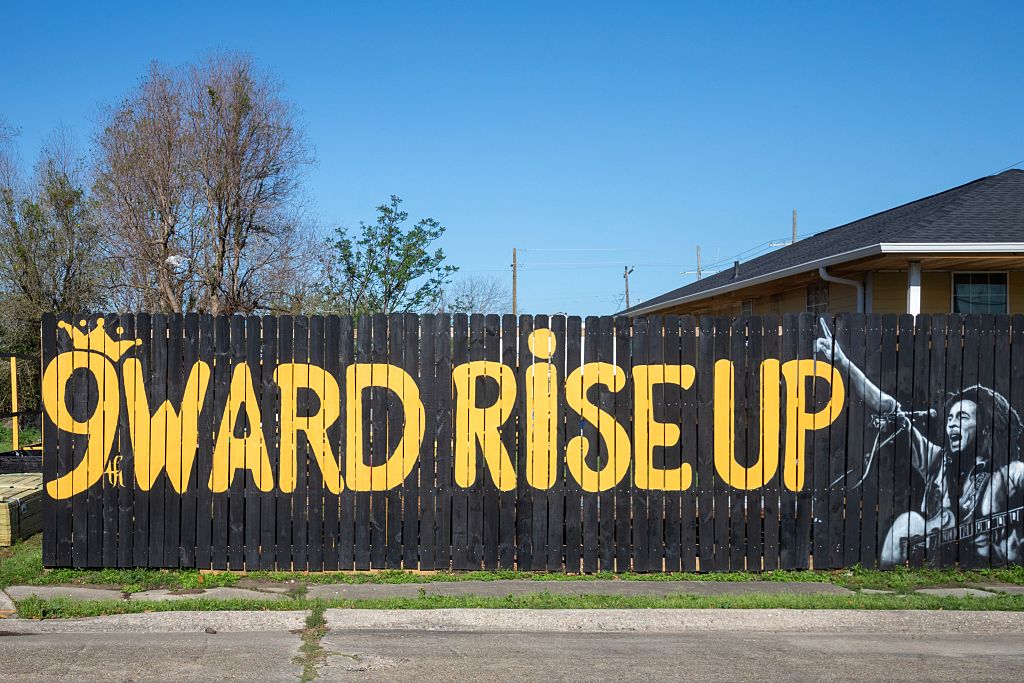
I grew up in New Orleans East, where the roads were endlessly filled with potholes. And the crackheads would dance for money off the corners of Morrison and Crowder. With the humidity taking a toll on everyone and the sea level constantly rising, it was the place to be.
When I was younger, I never thought the city was a dangerous place. I attended Lake Forest Charter School, where I wore a white and navy-blue plaid uniform every day. We would be in school learning about the city’s history.
We learned about the Louisiana Purchase, the origins of Mardi Gras, and everything in between.
After school, I’d get picked up by my grandma and she’d bring my siblings, cousins and me to Rodney’s snowball stand. Passing everyone I see with a “How you doin’,” because it was just how everyone behaved with each other.
It was freeing to be able to grow up in New Orleans; however, the older I got, the more I started to understand that’s not always the best. I’ll admit when I was younger, I wasn’t that indulged in the news. But when you get older, you start to notice things. For instance, the crime rate was so bad at one point that we were known as the “Murder Capital.” When I started high school, my parents were strict about where I hung out in the city because they knew something would always pop off.
Even when COVID hit, the city felt like a ghost town. And I was tired of being in the house. But people were still outside doing crazy things.
New Orleans is a beautiful place, unless you’re on Bourbon and don’t like the smell of alcohol (I’m joking). My actual experience growing up in New Orleans can only be described by one saying: “Everybody knows everyone.”
That saying carries significant meaning for the people of New Orleans. Some may think it’s simply because the city is small; while that is true, there’s more to it. It’s because, despite the struggles caused by catastrophic natural disasters, the people of New Orleans continued to stand together.
Hurricane Katrina was Aug. 29, 2005. I was born in 2006, which technically doesn’t make me a Katrina baby, but New Orleans didn’t truly “recover” till 2010 – 2011. Honestly, the city never recovered from the deeper damage. Meaning, when the levees failed and flooded about 80% of the town, we lost major areas. Especially in New Orleans East, the Lower Ninth Ward, and Gentilly.
My mom and grandma, who grew up in New Orleans, would tell me stories of how the house where my mom lived with my aunts and uncles was destroyed. And how New Orleans East was a safe place before the storm hit, in comparison to how it was for me growing up— a dangerous place to be at night. Even one of my teachers, Ms. McClendon at McDonogh 35, would tell me and my classmates stories of what went down at the Superdome, where people had to live. They talked about terrible things like suicides, fights, murders, and even rape.
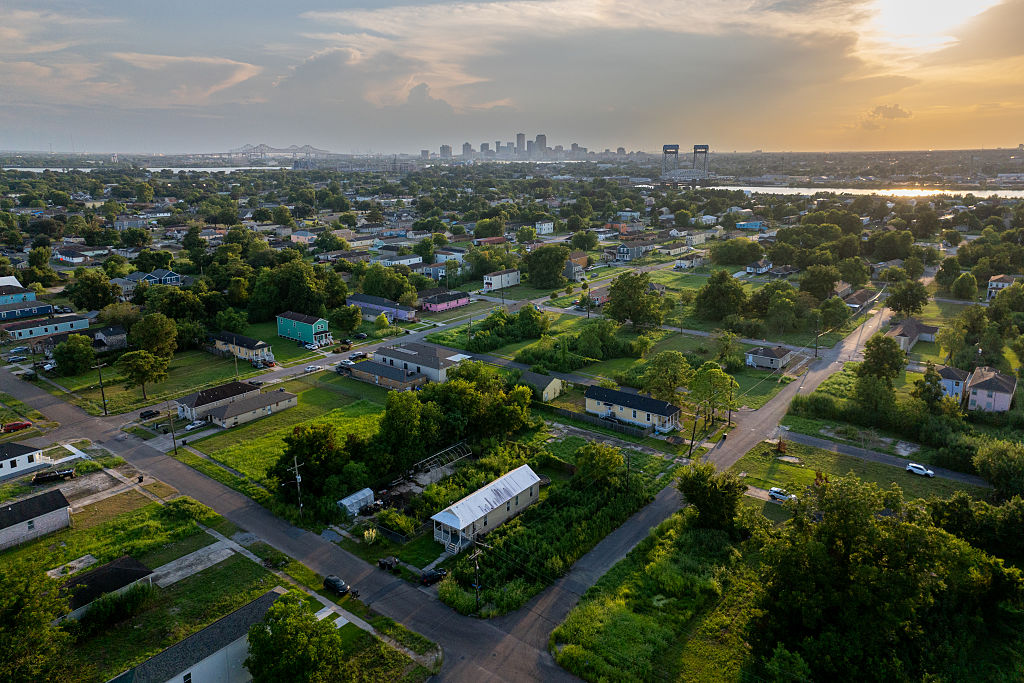
When I heard these stories, I was amazed and shocked. Before Katrina hit, the city was safer than I had ever imagined it to be. However, everything changed forever after that.
I was shocked to learn that the people in my city needed help, and that the government did not provide them with the assistance they deserved. For example, Ms. McClendon explained how residents were reaching out for help by making signs, creating videos, and sending messages in an effort to escape the impacts of Hurricane Katrina.
She would assert, often with a hint of sarcasm, that George Bush didn’t care about Black people enough to provide the necessary help. Even as a young person, I could sense the seriousness behind her words.
The country should’ve done better to provide for New Orleans. Looking back and watching videos and news outlets broadcasting people in distress was so disheartening.
The biggest thing that shifted my perspective was the amount of racism.
In my mind, I understood that racism had always existed—I’m a young Black woman in the 21st century. However, I never imagined how horrific it was back then, even in 2005.
I heard stories about a Black man named John Keller, who saved 244 people, both white and Black, by getting the attention of a military helicopter to fly them to safety. I later learned that those same helicopters flew past him for days, until he placed all the elderly white people on the rooftop—that’s when they finally rescued him.
It always left me asking why? How could these people be considered heroes?
I find it captivating that all of this happened 20 years ago. The city and its people faced numerous struggles and lost many battles, but ultimately, we persevered and transformed. Today, the city continues to honor its history and challenges by sharing stories passed down through word of mouth. It has become a tradition to ensure that we never forget.
Documentaries play a significant role in how young people learn about Hurricane Katrina, providing real insight into the events that occurred during those tragic historical moments.
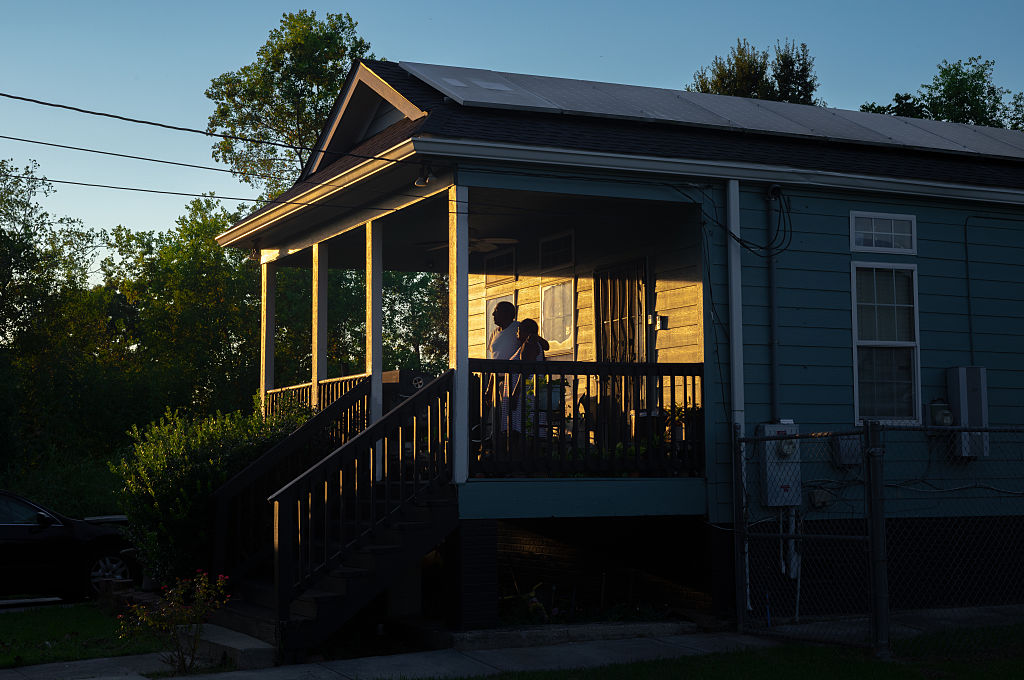
I had the unique opportunity to work as a production assistant on the set of a NewsOne Special titled 20 Years Later: Hurricane Katrina. The crew included me, Luke Burke, the executive producer, and Dan Cain, the director of photography/cinematographer. My experience was unforgettable, as it was my first time working on a set.
Being able to see my city from behind the camera and work on a project dedicated to its legacy is something I’ll never forget. Although I was born before the storm, this experience brought me closer to the stories told by my mother and grandmother. My city is resilient, and that means the world to me.
Lena Blondell is a sophomore film major class of 2028, attending Howard University.
SEE ALSO:
Hurricane Katrina 20 Years Later: Community, Ownership & Traditions
Hurricane Katrina 20 Years Later: Culture & Passing The Baton
What's Your Reaction?
 Like
0
Like
0
 Dislike
0
Dislike
0
 Love
0
Love
0
 Funny
0
Funny
0
 Angry
0
Angry
0
 Sad
0
Sad
0
 Wow
0
Wow
0








